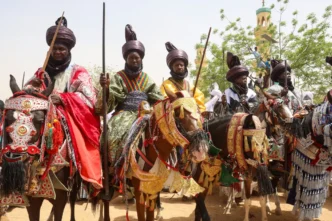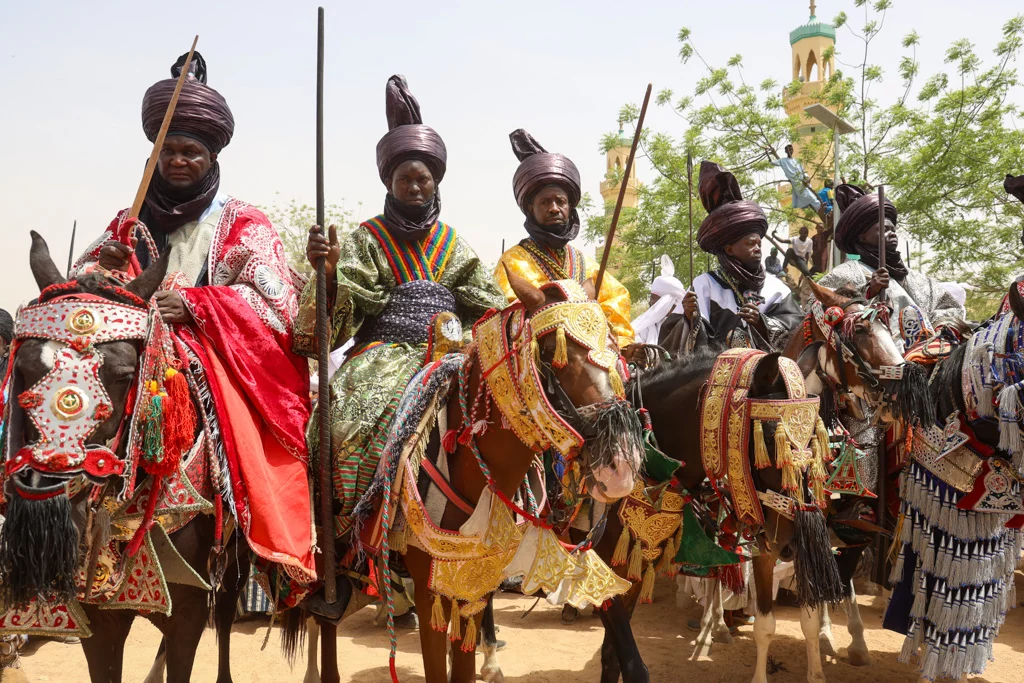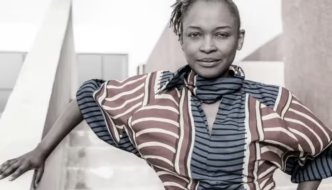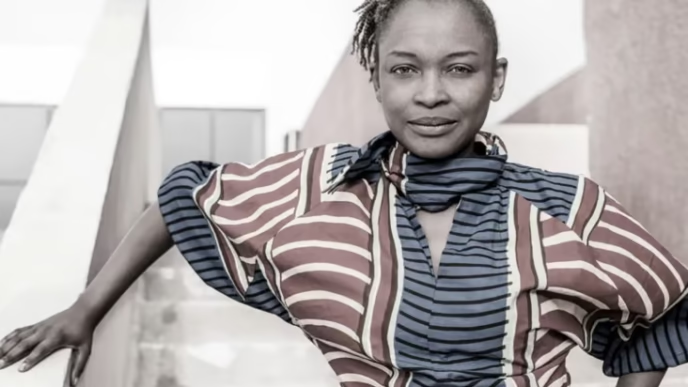Kano Durbar UNESCO recognition has marked a significant cultural milestone for Nigeria, showcasing the nation’s rich heritage to the world.
The United Nations Educational, Scientific and Cultural Organization (UNESCO) inscribed the Kano Durbar, Nigeria’s most spectacular horse parade and a symbol of unity, on the Representative List of Intangible Cultural Heritage of Humanity.
This monumental decision was announced during the ongoing 19th Session of UNESCO’s Intergovernmental Committee for the Safeguarding of the Intangible Cultural Heritage in Asunción, Paraguay.
The Kano Durbar becomes the eighth Nigerian cultural element to achieve this global honor, reflecting its immense cultural and historical significance.
Cultural Heritage Spotlighted by Kano Durbar UNESCO Recognition
The National Institute for Cultural Orientation (NICO), through its Executive Secretary/CEO Otunba Biodun Ajiboye, expressed profound gratitude for this recognition. According to Ajiboye, the Kano Durbar underscores the enduring bond between leadership, kingship, and the people of Kano.
“This festival represents a social contract fostering cohesion and collective purpose. It is driven by centuries-old traditions, creative ingenuity, and a commitment to sustainable cultural development,” Ajiboye remarked.
Ambassador and Permanent Delegate of Nigeria to UNESCO, Dr. Hajo Sani, highlighted the importance of this inscription in amplifying the visibility of Kano’s intangible heritage.
She stated, “Kano Durbar celebrates leadership, elegance, and unity, linking historical patterns with contemporary cultural practices.”
The Legacy of Kano Durbar Strengthened by UNESCO Recognition
Dating back to 1466, the Kano Durbar involves a grand procession of 10,000 horsemen, alongside men and women performing acts passed down through generations.
Traditionally held during the Muslim festivals of Eid El-Fitr and Eid El-Kabir, the festival now serves as a unifying cultural event, integrating diverse ethnic groups such as the Hausa, Fulani, Yoruba, and Arabs.
Beyond its cultural significance, the Durbar contributes to economic empowerment, creating jobs through the production of traditional apparel, equestrian equipment, and other related industries.
This widespread popularity has led to its adoption in other states across northern Nigeria and even the Federal Capital Territory during events like the Abuja Carnival.
The illuminates Nigeria’s cultural richness while emphasizing the global importance of preserving intangible heritages.
This honor brings pride to the nation and reinforces the commitment to safeguarding this unique festival for future generations.
How will this milestone inspire other regions to protect their cultural legacies?
Read More:















